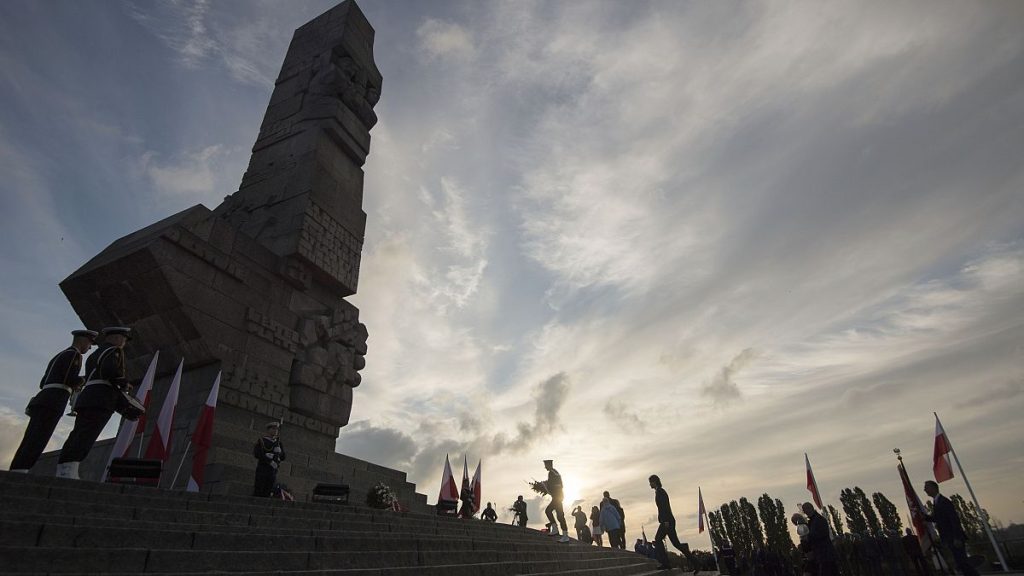Poland recently commemorated the 85th anniversary of Nazi Germany’s invasion that sparked World War II. The solemn ceremonies included leaders emphasizing the importance of a strong defense in the face of current conflicts, such as the war in neighboring Ukraine. President Andrzej Duda and German deputy ambassador Robert Rohde attended observances in Wielun, the first civilian target of German bombing in 1939. Duda called for Germany to make amends for the pain and suffering caused by the invasion, while Prime Minister Donald Tusk highlighted the ongoing conflict in Ukraine and the need for unity and strength in the face of aggression.
During World War II and the brutal German occupation, Poland lost 6 million citizens, which accounted for a sixth of its population. Among those lost were 3 million Jews. The country also suffered immense damage to its infrastructure, industry, and agriculture. Poland’s previous right-wing government demanded $1.3 trillion in damages from Germany, but Tusk’s current Cabinet has proposed a more tempered approach focused on compensation to strengthen the relationship between the two nations. Germany maintains that the matter is closed, citing payments made to the Moscow-led East Bloc after the war, while Warsaw argues it did not receive its fair share.
The observances in Wielun and on the Westerplatte peninsula served as reminders of the sacrifices made by Polish soldiers and civilians during World War II. The Westerplatte outpost, which became a symbol of heroism and patriotism, endured a week-long siege before surrendering to the Germans. Prime Minister Tusk stressed the importance of learning from the past and working together to defend against aggression, particularly in light of the ongoing conflict in Ukraine. He emphasized the need for unity within Europe and NATO to ensure the security and stability of the region.
The commemoration of the 85th anniversary of the German invasion also highlighted the unresolved issue of compensation for the damages inflicted on Poland during World War II. President Duda underscored the distinction between forgiveness and the admission of guilt on the part of Germany, and the need for compensation for the harm caused. The demand for reparations has been a point of contention between Poland and Germany, with Warsaw insisting that the issue has not been settled. The call for compensation is seen as a way to address the lasting impact of the war and strengthen the relationship between the two nations moving forward.
As Poland reflects on the legacy of World War II and the sacrifices made by its citizens, there is a renewed commitment to building a strong and modern military to defend against future threats. The country’s efforts to bolster its defense capabilities are aimed at contributing to the unity and strength of the NATO alliance and ensuring the security of the European continent. The commemoration of the 85th anniversary serves as a reminder of the importance of unity and solidarity in the face of adversity, as Poland continues to work towards reconciliation and justice for the sacrifices made during the war.


